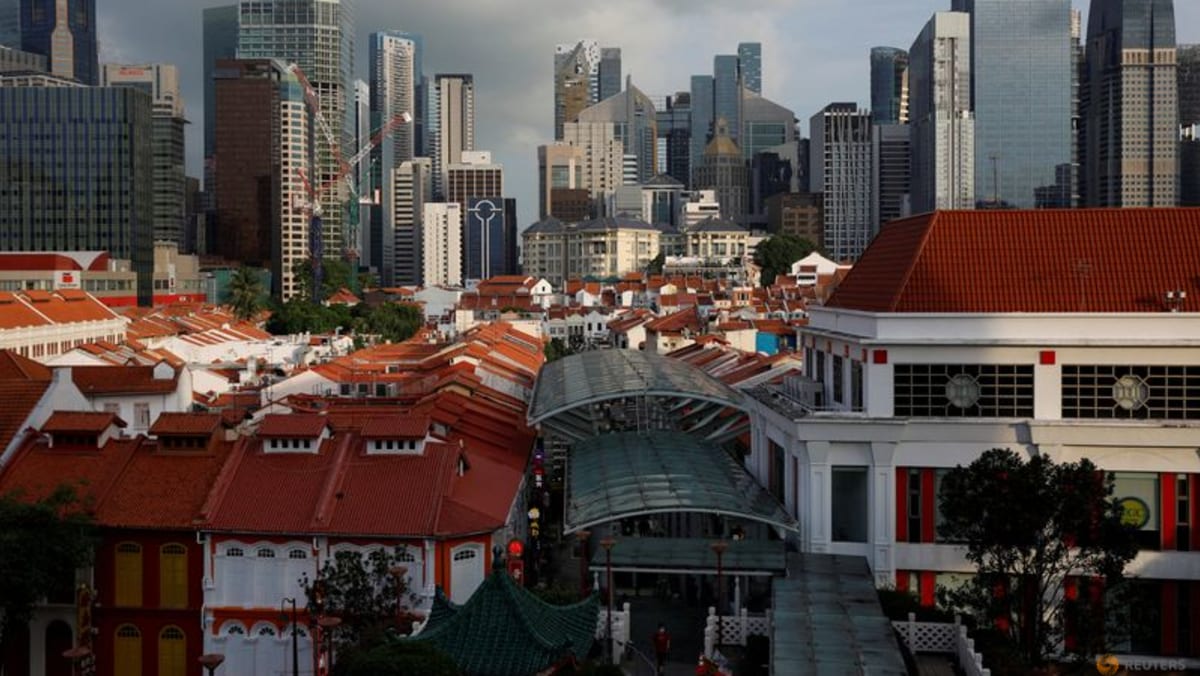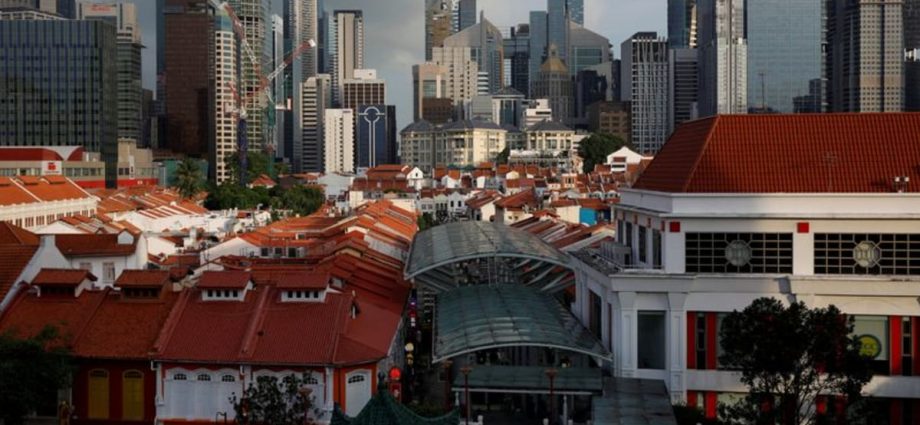
MORE INTEREST FROM CHINESE TO MOVE TO SINGAPORE
The potential interest in the local property market identified by analysts comes as companies that help foreigners relocate told CNA that they have seen a spike in enquiries from China nationals who are keen to move to Singapore.
Reuters reported last month that Singapore has seen a “fresh influx of wealth since 2021” after many Chinese became disillusioned with China’s draconian COVID policies, citing skyrocketing golf memberships and lawyers who set up family offices.
Singapore’s number of family offices – which handle investments and financial matters for the ultra-rich – grew to about 700 family offices, up from 400 in end-2020 and up sevenfold from 2017, according to government estimates.
The Monetary Authority of Singapore reported in October that Singapore’s asset management industry grew 16 per cent in 2021 to reach S$5.4 trillion, with 78 per cent of funds sourced from outside Singapore.
This comes also as Singapore’s population of PRs and foreigners rebounded to nearly pre-COVID levels. After two years of decline, the non-resident population grew by 6.6 per cent to 1.56 million from 2021, but was still lower than the pre-COVID level of 1.68 million in 2019.
AnjiaSG, which helps Chinese clients with relocating to Singapore and buying property here, said it is getting five to six times more people asking them about their services, compared with about 100 enquiries it received each month during the COVID-19 pandemic.
Mr Leo Kwek, an international real estate investment consultant at AnjiaSG, said the increase started in April last year, before China announced its reopening and around the time that Shanghai went into lockdown again for COVID-19.
Another immigration and relocation firm, AIMS, saw queries jump from “about 10 a week to 10 a day”, going up about five to six times in total, from the second quarter of 2022.
CEO Pearce Cheng said: “The spike (in interest) was very obvious … but they were having problems renewing their passports.”
Even so, his firm helped 10 to 12 Chinese clients a month move to Singapore last year, which is about double the number of clients they saw before the pandemic.
LIFT FOR LUXURY MARKET?
One segment of the property market that may gain in 2023 after the lifting of border measures by China is the luxury market, some analysts said.
Mr Lee said that super-wealthy Chinese were said to be behind some of the purchases in Klimt Cairnhill in January, pushing the project to become the number three bestselling project that month. Fourteen out of 17 units at Klimt Cairnhill were sold to foreigners.
“This could be the year where the luxury market sees more high-profile deals with the return of super-wealthy Chinese,” he said.
Mr Gafoor said that based on non-landed new home sales transactions, Chinese buyers typically prefer residential properties in the Core Central Region, particularly in Districts 9 and 10, which is the Orchard area.
But the increase in foreign buying interest is not expected to significantly impact this part of property market, as Singaporean buyers accounted for the bulk of home sales for higher-end properties as well, he added.
One reason why people think there are more Chinese buyers than there are in reality is the attention-grabbing anecdotes and news stories about high-value deals, said Professor Qian Wenlan, director of the National University of Singapore’s Institute of Real Estate and Urban Studies.
But the data does not show any “significant upward trend” of foreign Chinese buyers acquiring homes in Singapore, she said.
“By and large, headlining transactions covered in the media or frequently discussed, are outliers such as high-end or luxury condos which are not typical of the market,” she said.
“There could be an impression that Chinese buyers are entering the market, targeting certain upscale submarkets that get covered by news … but actually, in the data, we don’t see that in a typical transaction.”

